We’re excited to introduce you to the always interesting and insightful Moira Murphy. We hope you’ll enjoy our conversation with Moira below.
Alright, Moira thanks for taking the time to share your stories and insights with us today. Learning the craft is often a unique journey from every creative – we’d love to hear about your journey and if knowing what you know now, you would have done anything differently to speed up the learning process.
I believe that craft is often a factor missing from conversations with creatives. The mythos around the mysterious and tortured artist, waiting for inspiration may inspire a certain amount of romanticism, but alone is it harmful to artists as they develop. Working on one’s craft is essential. The catch is that one is never done learning a craft. A painful truth I’ve had to encounter many (humbling) times in my own life.
My journey has been a long, rather formal one. I started piano lessons when I was 9, and took to it with perhaps more passion than discipline. But it unlocked something in me. I began voice lessons at 16, and that is when my teacher first suggested that this needed to be something I took seriously and consider pursuing. I prepped for college auditions and scholarship competitions, and ended up studying voice and piano both at a small liberal arts college where I was one of three music majors in my class and was allowed the flexibility to pursue both instruments.
Now…I wish I could say that I was a stellar student and that I practiced 5 hours a day and that I flew through the material and presented brilliant recitals. But I had a lot of learning and growing up to do. A lot of issues hindering self-image and self-confidence got in the way, and I hobbled through the degree with a moderate level of success, if I’m going to be completely honest with myself.
However, I was taught by wonderful technicians who instilled in me the best techniques for effective practice sessions, a wider knowledge of repertoire, and a framework of correctly using the body to produce sound. And those 3 things will carry any vocalist or pianist very far if they only apply themselves to it, and apply to any genre within which they’re working.
After a brief 3-year break from music, I realized I was too miserable without it and went back to get my Master of Music in vocal performance, spending 2 years performing in operas, giving recitals, teaching undergraduate students. I continued gaining insights into how my own voice worked, its pitfalls, its limits.
All of this education has been integral in providing me with a training ground, but it’s really only what you do with the education after the graduation party. I could go back and get my Doctorate and my Performance Certificate, but if I don’t continue to exercise the same skillsets on my own with a sense of openness, I have nothing to show for it.
With that being said, I do think that regardless of my gratitude for my education, I allowed my insistence on all formal education to hinder my artistic progress. I felt I could only progress if I had all the degrees, all the high-level coaching. The degrees themselves were my goals rather than the skills gained during my tenure.
This is a mindset-shift I’ve worked very hard on, as just practicing and doing the thing and trying and failing with collaborators could have also prepared me more for the less-formal world of metal. I’m currently taking orchestral and arranging lessons through the lens of crossover/symphonic metal music and it’s like a whole new part of myself is waking up.
I’m still learning.
And that’s the lesson I will never not hammer home emphatically: you are ALWAYS learning your craft. You are never done. There is always room for improvement, especially when held in the hands of graciousness.
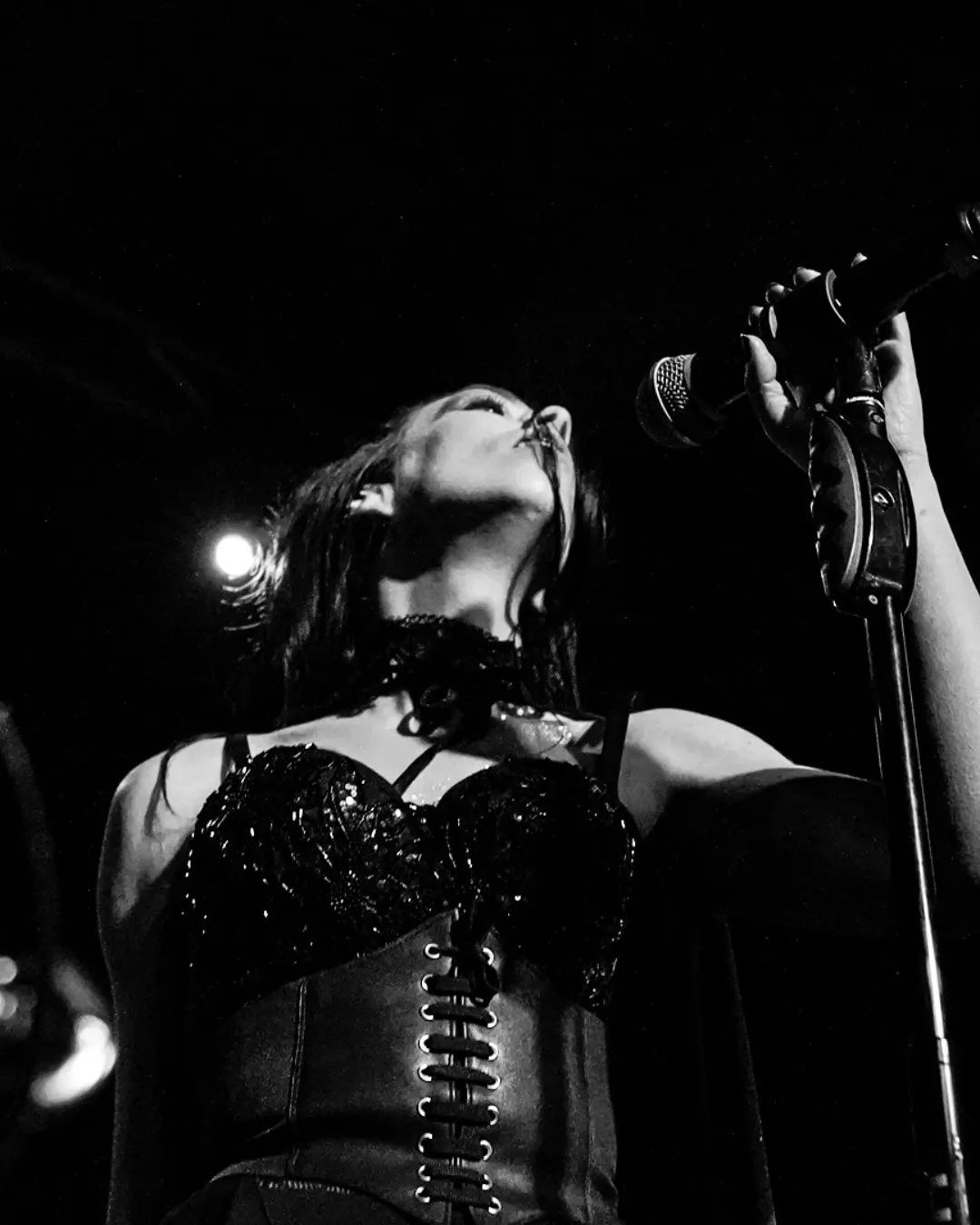
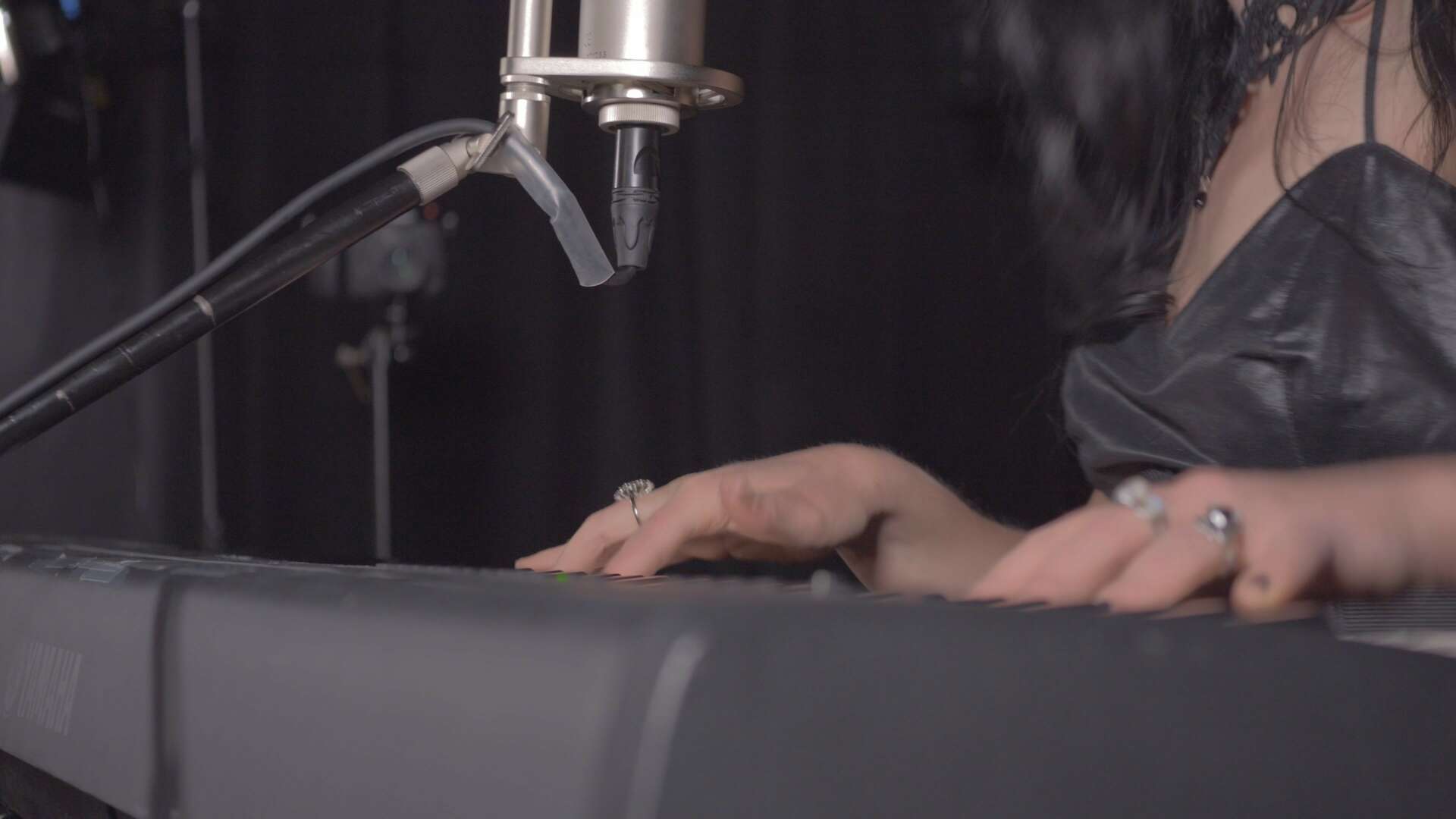
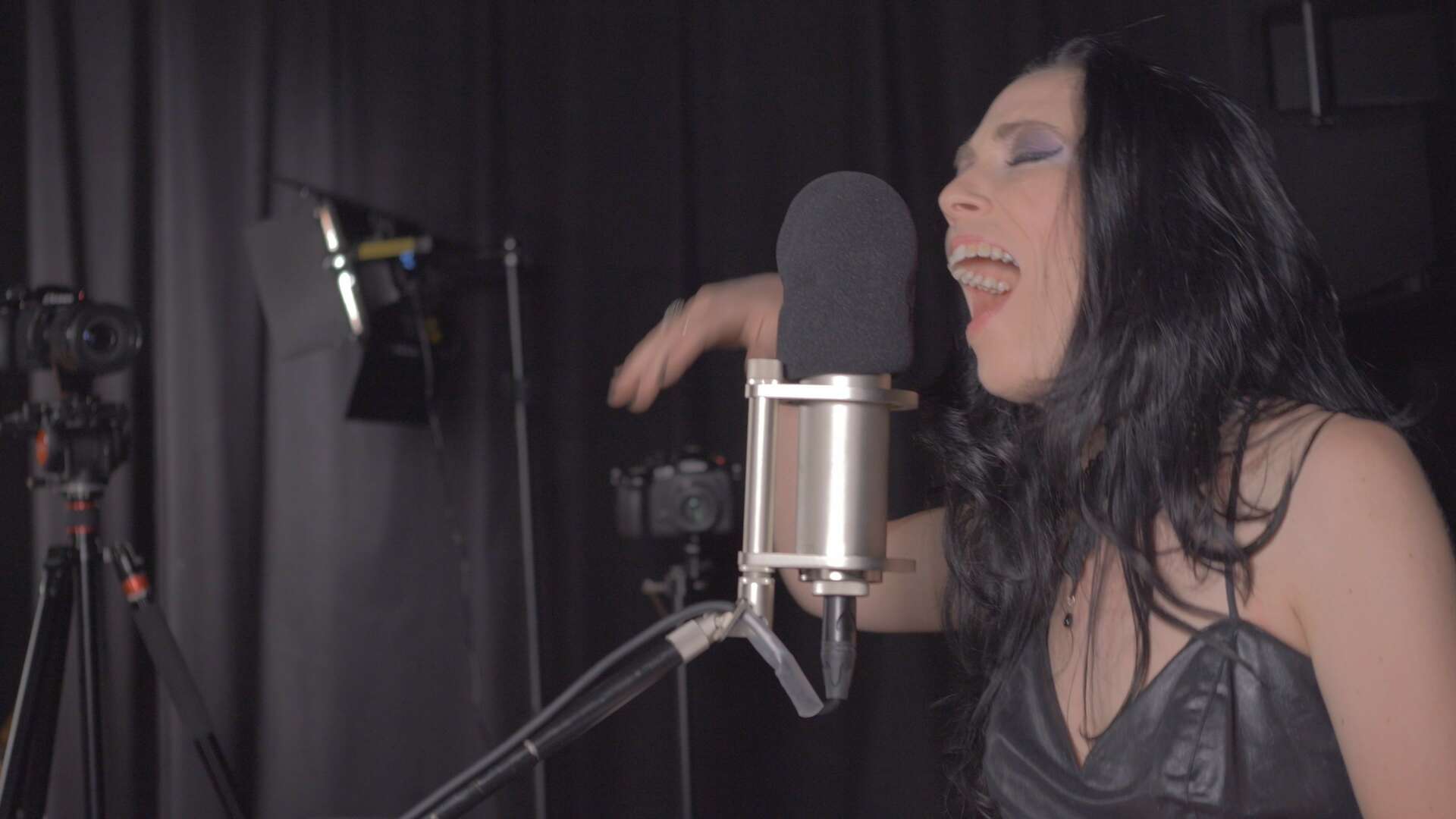
Awesome – so before we get into the rest of our questions, can you briefly introduce yourself to our readers.
I am a musician: a singer, pianist, songwriter and arranger. This means my path remains anything but easily defined. In the past, I have worked as a music teacher, rehearsal pianist, voice studio pianist, musical theatre pianist, and erstwhile organist. I’ve worked as an opera soloist in the United States, Morocco, and the UK, as an opera chorister in the American Heartland, a choral singer and orchestral soloist all across the US, background vocalist for an indie folk/rock band and background vocalist and synth player for a goth band both in Denver, sung in jazz combos in Colorado and Illinois…the list goes on.
Right now, a large part of my focus is on my Oryad project, honing my skills as a composer and finding a vehicle for the truest parts of my singer and artistic self. Additionally I focus on opera and orchestral solo work. I have a handful of classical engagements on the books for the 2023 season and am wrapping up the songwriting and scheduling studio time to lay down Oryad’s next studio recording.
I’m also looking into the world of collaboration and eagerly wanting to jump into providing vocals and lyric ideas for other recording artists. This is the next frontier in my development and journey.
While I’m not a world-famous singer I’m proud of how far I’ve come in my artistic journey, overcoming my youthful lack of focus and fears around self-image. I was just a fanciful kid from middle Appalachia, but I’ve been able to sing worldwide through my classical work and reach listeners in nearly every continent through Oryad. The only way to keep going is up, keep auditioning, keep making new songs, keep discovering what it means to connect with others through my own very intensely personal artistic selves.
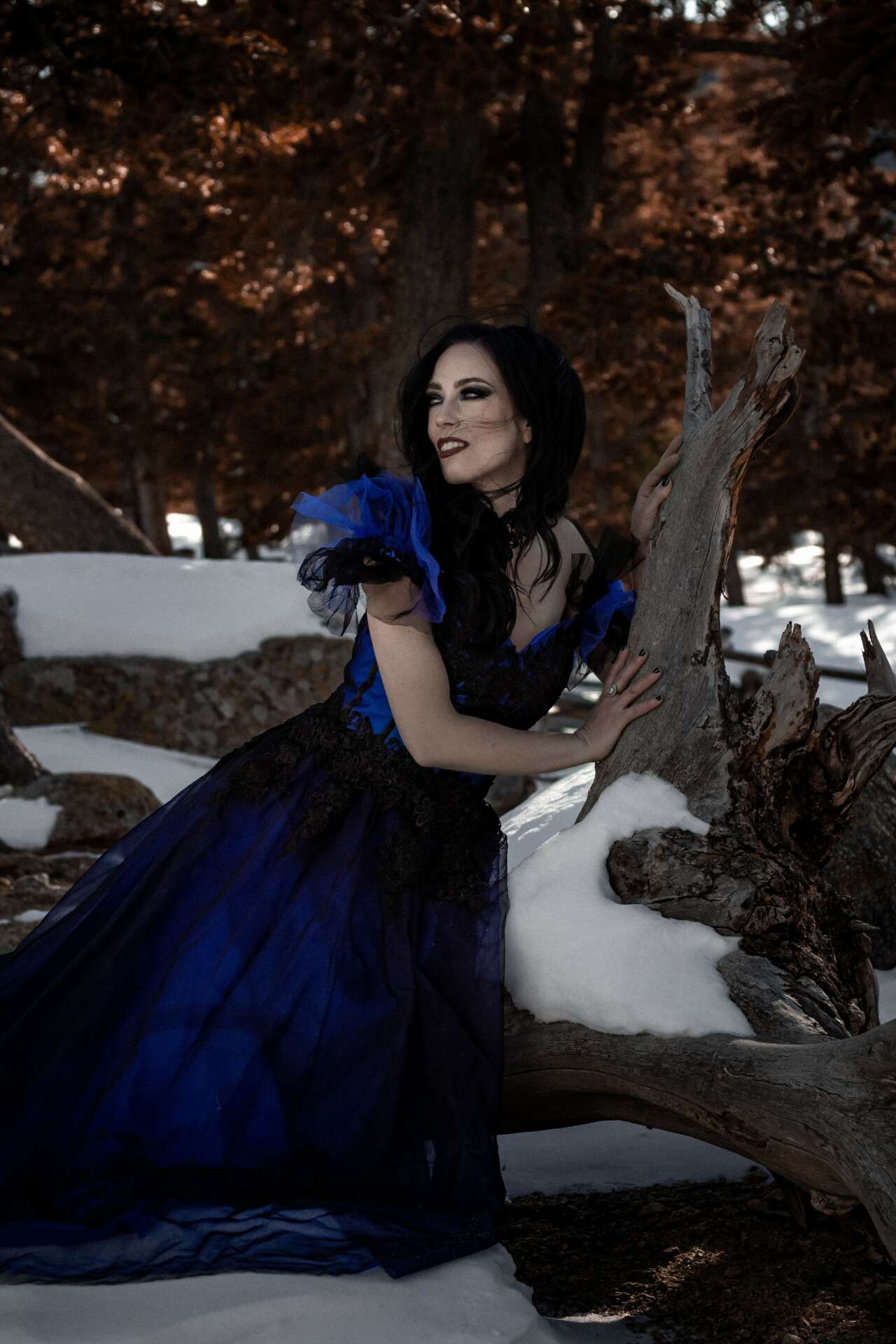

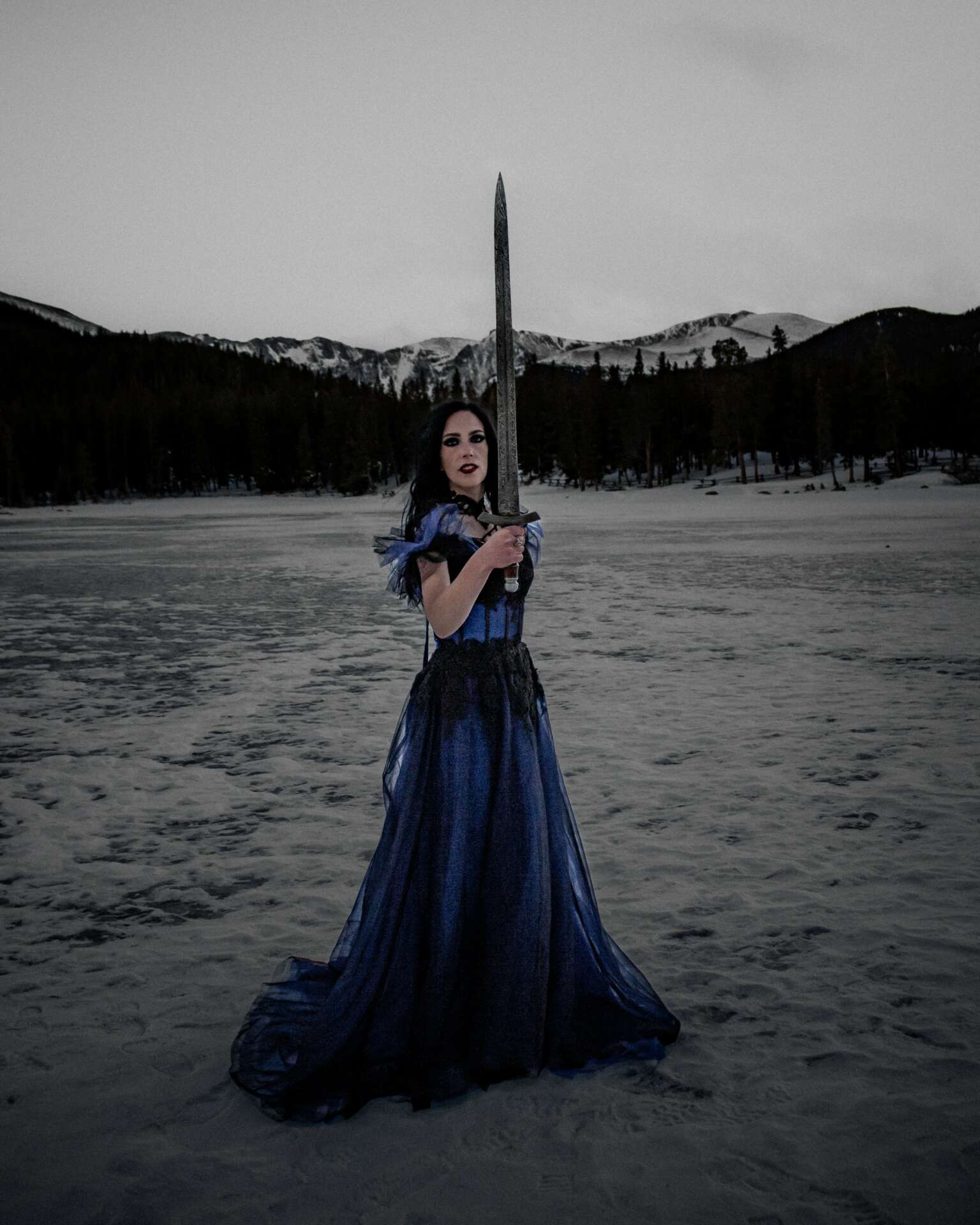
What can society do to ensure an environment that’s helpful to artists and creatives?
In my opinion, social media contains within it vibrant possibilities for the growth of independent artists, but the platforms themselves and the daunting nature of maintaining such a presence as a creator still prevents a truly thriving marketplace for artists. The answer always has been and remains: funding. Funding for public programs for professional development, for school programs to encourage the next generation, funding for venues and galleries. Funding that allows creatives to present their very best show or publication.
I see this manifesting as more grants or professional collaborations between individual artists/ensembles and venues/galleries/etc that provide economic benefits to both parties. The trades operate on an apprenticeship model, and expanding the apprenticeship model in the arts (and removing the ageism and sexism that exists in some current models) would offer more of these opportunities.
Many creatives use their life savings or accrue debt in order to dump obscene amounts of money into creating their art. And it is expected, even for those who view their art as their career. This is beyond the costs for education/lessons. You can expect an accountant to pay for their schooling, but you do not ask for them to rent their desk in the firm where they work. It is not expected that they pay for any other operational costs of the firm (unless they own it, of course). I’ve seen, and been a part of, so many artistic organizations that could not thrive due to lack of funding.
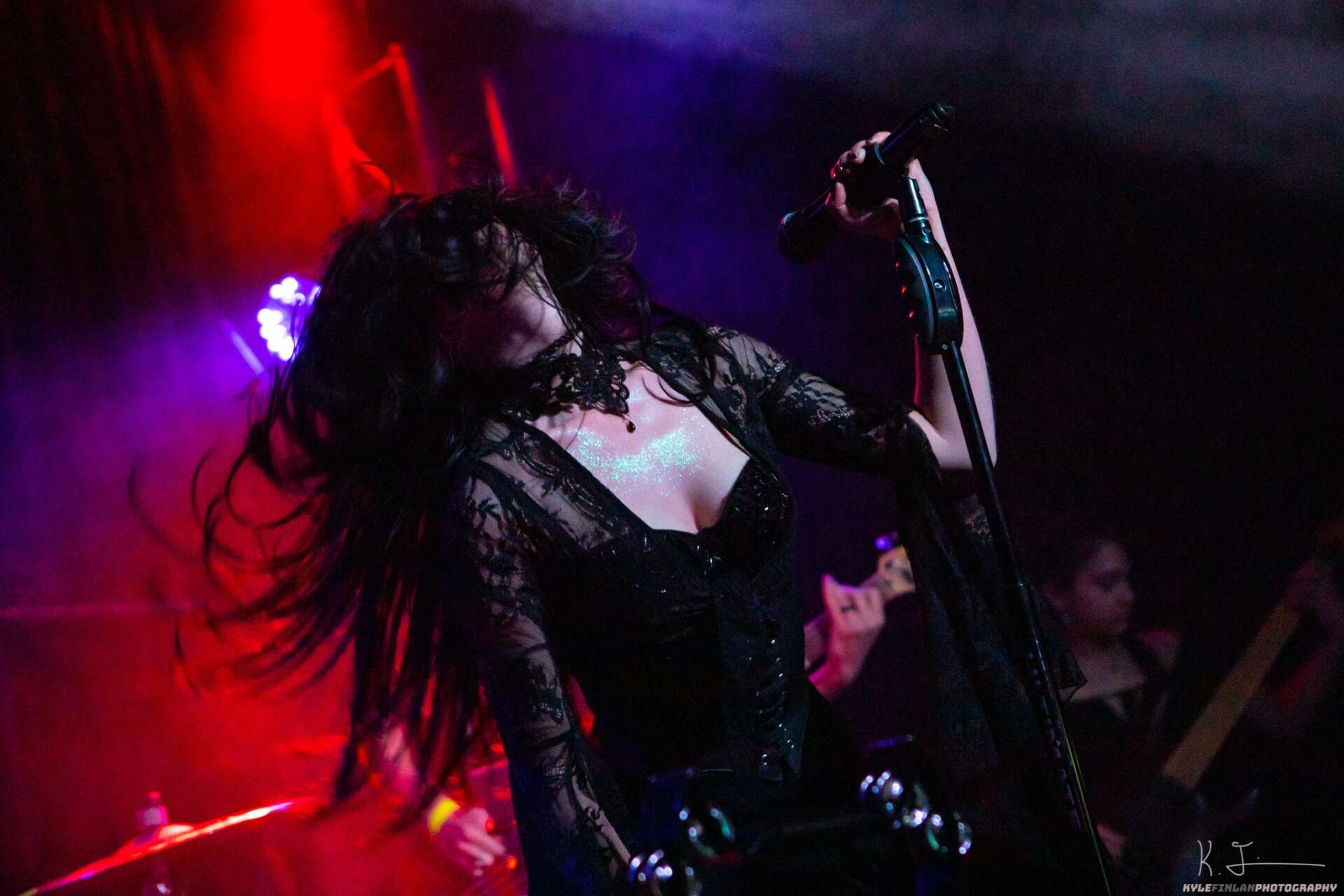

Do you think there is something that non-creatives might struggle to understand about your journey as a creative? Maybe you can shed some light?
Throughout my musical life, I’ve also worked many non-creative or creative-adjacent jobs. What strikes me the most is the difference in perspective on the concept of a linear life. I remember myself being shocked upon learning that an undergraduate voice student of mine (who was not majoring in music) would get job interviews during their final senior semester, find a job, and start upon graduation. And that they would be able to rely on this one field into perpetuity unless they elected otherwise. My life has been a jumble of auditions, summer programs, multiple part-time jobs, freelance jobs, short-lived full-time jobs with a musical nightlife…without any clear path of progress other than the next performance or the next recording. Some co-workers I had were endlessly confused that I would squander myself by not trying to “promote” myself up the ladder.
I’ve tried a few times in my life to have a more “normal” linear life with a 9-5 job, a lunch hour, and vacation time….and it just wasn’t a good fit. I withered on the vine. This means I sometimes have to work twice as hard to ensure that I’m making a living, that I’m working strange hours and sometimes taking strange gigs….but honestly, I wouldn’t have it any other way.
Contact Info:
- Website: https://oryad.band
- Instagram: https://www.instagram.com/oryadband/
- Facebook: https://www.facebook.com/OryadBand
- Youtube: https://www.youtube.com/c/OryadBand
- Other: My other Facebook: https://www.facebook.com/moiramurphysings/
Image Credits
Adrienne Aragon, Kyle Finlan, Untapped Potential Studios, Owen Zhou


